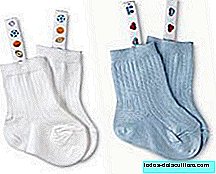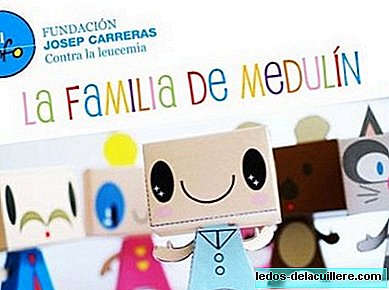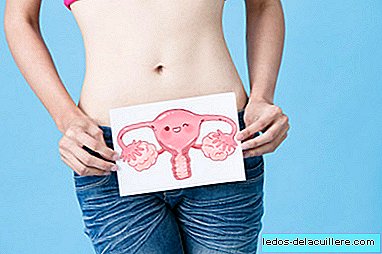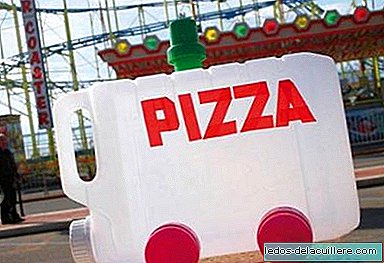
Attention deficit hyperactivity disorder (ADHD) is a neurological disorder that modifies the child's behavior. Several studies have suggested that food could play a fundamental role in the treatment of children who suffer from it, the most recent one focusing on providing a special diet to improve the symptoms of children with attention deficit.
Dutch scientists from the University of Radboud and the ADHD Research Center in the Netherlands say children with attention deficit hyperactivity disorder should eat a restricted diet to help determine if certain foods worsen their condition.
They studied the cases of 100 children between 4 and 8 years who suffered from the syndrome and restricted their diet eliminated certain foods related to allergies and intolerances such as wheat, tomatoes, oranges, eggs and dairy products.
Instead, they were given other foods such as rice, water, white meat such as turkey and some fruits and vegetables that are generally not considered allergenic.
After five weeks of diet, it was passed to a second phase in which different food groups were gradually added and the symptoms were monitored to see if they worsened.
The researchers found that in the first phase of the study, 64 percent of children with limited diet presented significant improvements in your ADHD symptoms.
Wear a special diet eliminating foods considered more allergenic could improve the symptoms of children with attention deficit, as experts say.
It would be a natural and accessible resource as a first step to the treatment of this disorder that affects between 3 and 5 percent of children worldwide, being the most common neuropediatric pathology among children.
In any case, a change in diet should be supervised by the pediatrician, as it could cause nutritional deficits.












